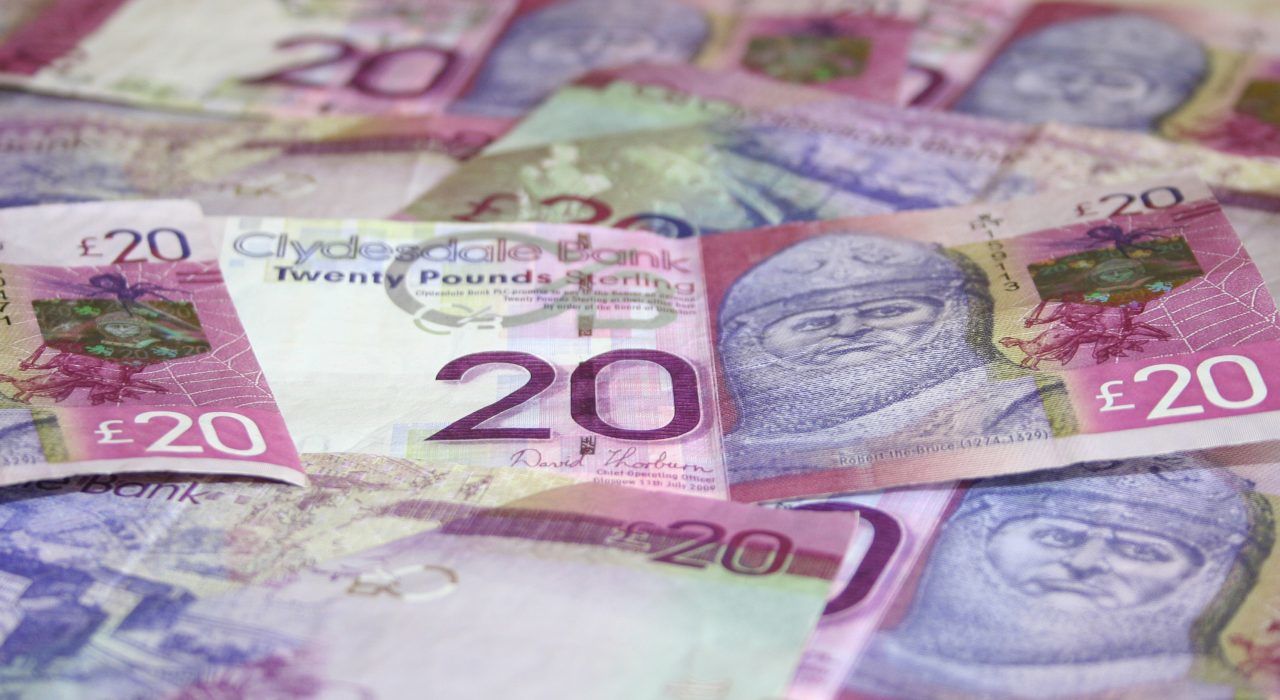Scottish firms are in “crisis mode” as the cost of living hinders them from bouncing back, a leading business network has found.
The cost of doing business is undermining Scottish business recovery and growth, according to the latest findings from a survey by the Scottish Chambers of Commerce (SCC).
The Quarterly Economic Indicator (Q2 2022) was conducted over May and June 2022, with 360 firms responding – it is the country’s longest-running economic survey of its kind.
SCC said that UK inflation has reached the highest in 40 years, at 9.1%, doubling since April 2022 – and nine out of ten Scottish firms surveyed continued to report “major inflationary pressures”.
Seven in ten firms reported that energy costs were the largest contributor to their pressures, with 77% indicating that they intended to raise their prices next in the next quarter.
The business network said that rising prices of energy, food and raw materials, labour market insecurity and a reduction in consumption have shadowed the economy with weaker growth prospects.
A “perfect storm” of the cost-crisis, exacerbated by the conflict in Ukraine, has led to a cashflow crunch which has frozen investment, led to price increases for consumers and squeezed profit margins, according to the SCC.
Stephen Leckie, president of the SCC, said: “Urgent action is needed now from the Scottish and UK Government if we are to reverse the tide of economic decline, restore confidence and put the economy back on the road to growth.”
Mairi Spowage, director at the University of Strathclyde’s Fraser of Allander Institute, said: “The consequences of rising inflation are being felt across the economy, with clear signs that consumer confidence is being dented and that people are cutting back on both essential and non-essential spending.
“Alongside this, there is an increasing fear that high inflation will be more persistent than was first thought, with expectations now that it may be 2024 before we get back to more normal levels of inflation.
“This survey published today highlights concerns that businesses have about rising costs. Current data suggests that the experience of input price rises for businesses is running at 22%: still more than double the consumer inflation rate.
“This may mean that these cost pressures may continue to feed through to prices experienced by consumers as more businesses face difficult choices.
“Given this environment, it is not surprising in this latest set of results that we have seen a dip in confidence across sectors.”
A Scottish Government spokesperson said: “The Scottish Government is doing everything possible with the powers we have to ensure people, communities and businesses are given as much support as possible to deal with the rising cost of living – but most of the key economic powers needed still lie with the UK Government.
“The situation is being made worse by the impact of Brexit – which Scotland rejected – and its effect on issues like labour market shortages and inflation.
“Since the start of the pandemic, businesses have benefitted from more than £4.7bn in business support, including around £1.6 billion in rates relief, the £80m Covid Economic Recovery Fund and £6m City Centre Recovery Fund. This is in addition to our £325m Place Based Investment Programme, Scotland Loves Local programme, the recently published retail strategy and the Town Centre Action Plan.
“According to the Scottish Fiscal Commission, the overall 2022-23 Scottish Budget is 2.6% lower than 2021-22 in cash terms and 5.2% lower after accounting for inflation because of reduced Covid-19 funding and falling capital funding from the UK Government. We will continue to press UK Government to do more to support people and businesses during these very tough times.”
Follow STV News on WhatsApp
Scan the QR code on your mobile device for all the latest news from around the country


 iStock
iStock
























